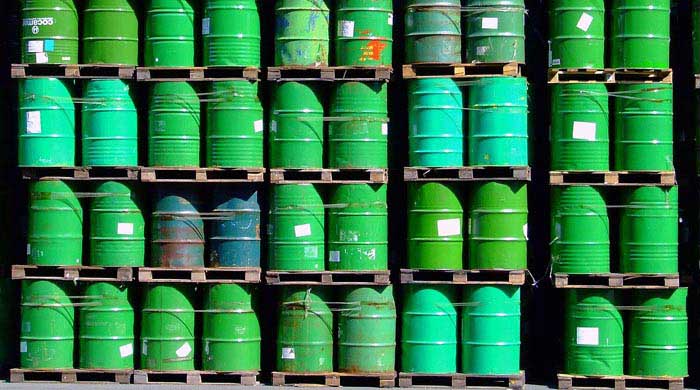Steelworks, Oil or China! What do they have in common?
Nail biting, gut clenching and worried faces from around the world is what they have in common. Words like Global Recession are not what you want to hear when you're about to take to the ski slopes at your favorite Swiss ski resort. And especially, when you are a banking mogul, who has come to de-stress from a hectic week juggling other people's money.
Other people, who more than likely, are watching their hard earned money plummet on the stock exchange as you put down your hot cup of cocoa and bite your lip in earnest. The world watched as popular stocks fell by about 20% and then tried to make their way back up again when the European Central Bank advised they were trying to make a plan with the eurozone's collapsing market. While a light at the end of a dark and damp tunnel, a light nonetheless.
What with China announcing that their GDP only grew by a simpering 6.9% in 2015, their lowest in 25 years, the world leaders are speculating that this will affect more than we can imagine.
Besides this shattering hit to the economy's gut, the know-it-all's of the world are stating that even the smallest, normally insignificant changes will have catastrophic effects on the rest of the world. The word on the street is that there will be very serious and compelling challenges to tackle in the near future, which will involve a mix of short and long-term trials. The journey to lifting our financial heads above this turbulent water will be a hard and grueling one.
When it comes down to tankers, waiting in the mist, filled to the brim with over 50 million barrels of oil, and all they need is the go ahead as to where they are taking their prized possessions, one must ask the burning question.
What is going on in the world?
What is going on in the world?aWell, simply, all tankers from one of the biggest oil producers were sanctioned and they only had those heavy and debilitating sanctions lifted just last weekend. Brokers have been waiting in the wings, with bated, stale breath for the thumbs up to send their tankers to oil starved countries.
Ironically, it has been hypothesized that there will be less of a demand for fuel in the next few months. What with the fracking industry on the up and up, this means that the world's leaders are not so reliant on Middle Eastern oil. So when the demand is less, the price drops. And when the price drops, it affects so many other avenues in the economy.
And it is not just the oil market that is affecting the worlds stocks and shares, the mining industry, that massive giant, is also having trouble keeping up. The problem with the likes of South Africa, Russia and Brazil mining share prices dropping, means that other commodity industries will follow the same path shortly.
Another word one doesn't want to hear is Armageddon and some big financial puppets are being pulled this way and that, struggling to keep up with the ever-slipping stock prices.
A recovery is expected but when one looks at the recovery from 2008, it is clear to see it will not be easy. If you look very closely, you will see the tiny cracks, which have never been filled since 2008. 8 years may seem like enough time to have pulled through cleanly from a crash, but in fact, the signs are showing that all is not well with the economy yet and another recession may just cripple an already limping leg.
So, is there any good news?
Yes. A little! An increase in the world's economy should be around 3.1% but having said that the China crisis, the delicate baby economy of Brazil and Russia as well as the impending increase of interest rates from the US Federal Reserve Bank will be big mountains to jump over before we can breathe easier.
Some more good news for the UK is that analysts are insisting that an interest rate hike isn't the best route right now.
However, good news is followed by more bad news. If anyone remembers the trade war of the 1930's they will know that events like China's falling currency strength will have a domino effect on how the US handles certain tariffs, namely China's steel imports, which affected 750 workers at Tata.
The one statement that had been repeated a few times over the world is ‘not to panic".
This is easier said that done, when your retirement money is hanging in the rafters, pending a lift of the Chinese economy and a possible global recession.




